## The Gloves Come Off: Olympic Champ Faces Forced Sex Test to Box Again Imane Khelif, the Algerian golden girl who stunned the world with her boxing prowess at the Olympics, is facing a new kind of battle. The World Boxing organization, in a move sparking outrage and controversy, has mandated she undergo a controversial sex test before she can compete again. Is this a necessary safeguard for fair competition, or a blatant violation of her privacy and human rights? Dive into the story as we break down the controversy surrounding Khelif’s forced medical examination and the ethical dilemmas it raises for the world of sports.
Mandatory Genetic Testing: Understanding the New Protocols and Their Potential Impact on Future Competitions
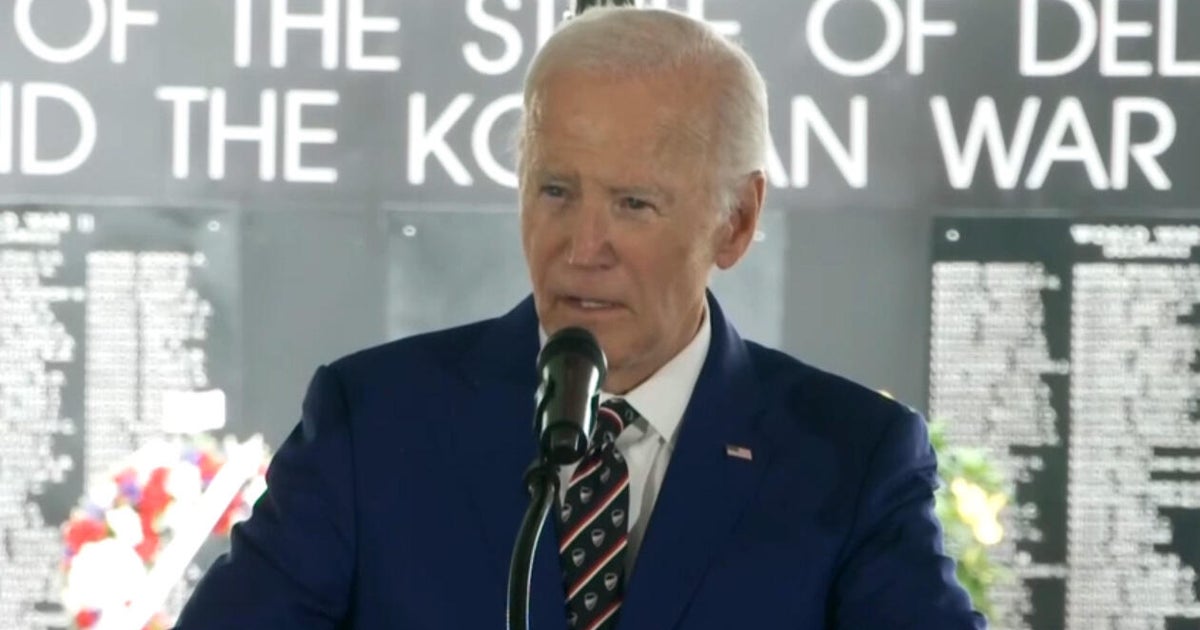
World Boxing’s recent announcement mandating genetic sex testing for all athletes seeking to compete in its events has sent shockwaves through the sporting world. The decision, spurred by controversy surrounding Olympic gold medalist Imane Khelif, introduces a new era in sports governance, raising critical questions about fairness, individual rights, and the future of competition.
The newly implemented protocol requires athletes to undergo a polymerase chain reaction (PCR) genetic test to determine their sex at birth and eligibility to compete in the designated female category. This test, which can be conducted through a nasal/mouth swab, saliva, or blood sample, analyzes the presence of the Y chromosome, a biological marker traditionally associated with male sex determination.
While proponents of genetic testing argue that it ensures a level playing field, critics raise concerns about its potential for inaccuracy and the ethical implications of using genetic information to determine athletic eligibility.
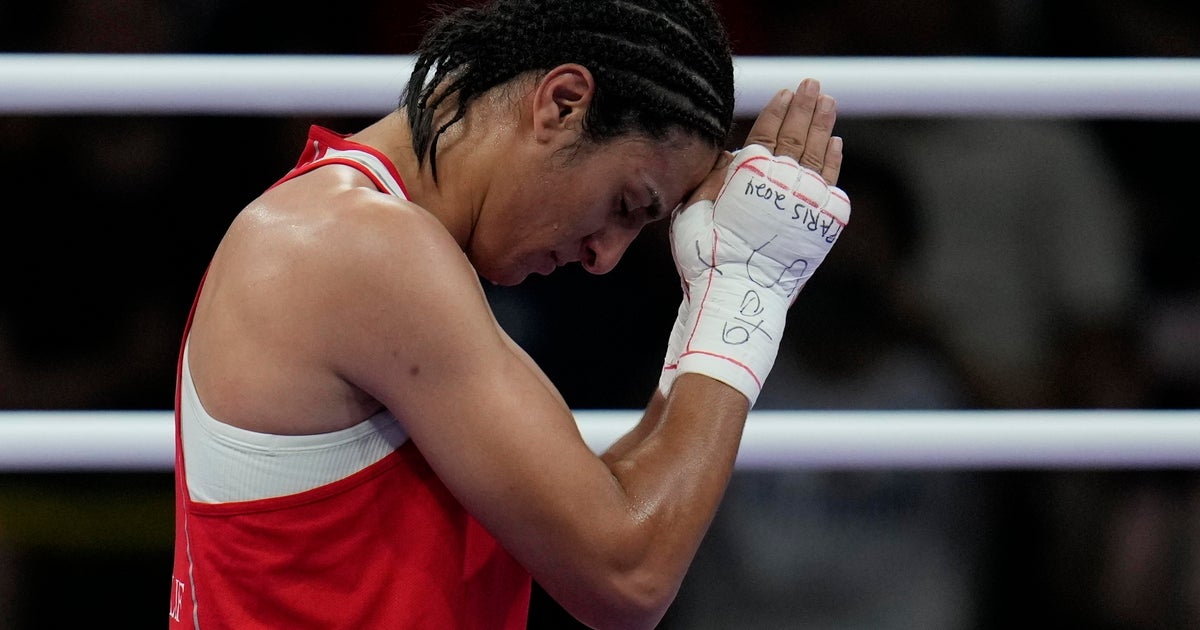
Accuracy and Reliability of Genetic Testing
The PCR test used by World Boxing has shown high accuracy rates in studies. A 2023 study published in Genes found that sex assessment achieved an accuracy of 72% on non-adults and 97% on adults. However, it’s crucial to acknowledge that no scientific test is foolproof, and variations in genetic makeup can exist.
Furthermore, the reliance on a single genetic marker like the Y chromosome overlooks the complexities of sex determination, which involves a spectrum of biological factors beyond chromosomal composition. Critics argue that focusing solely on the Y chromosome may lead to misclassifications and discrimination against athletes with intersex variations.
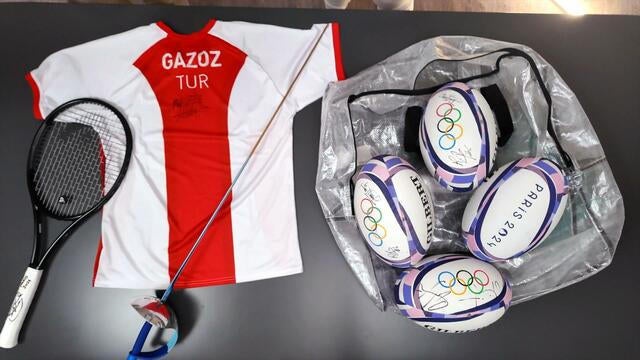
Potential Impact on Future Competitions
World Boxing’s decision to implement mandatory genetic testing is likely to have a significant ripple effect on other athletic organizations. The International Olympic Committee (IOC) has already expressed its support for genetic testing in some sports, and other governing bodies may follow suit, particularly in weight-class-based competitions where physical differences can be more pronounced.
The widespread adoption of genetic testing in sports raises concerns about the potential for increased scrutiny and discrimination against athletes who do not conform to traditional binary notions of gender. It also raises questions about the role of privacy and data security in the context of athletic competition.
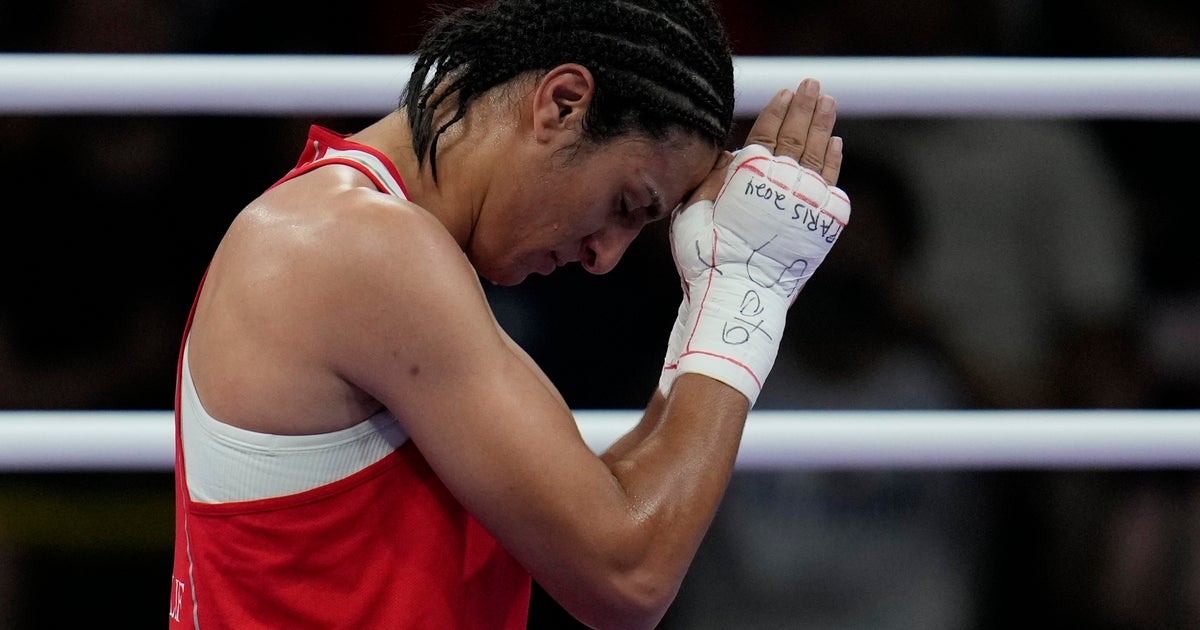
Balancing Fairness and Individual Rights: Discussing the Ethical Considerations Surrounding Mandatory Genetic Sex Testing in Sports
The implementation of mandatory genetic sex testing in sports presents a complex ethical dilemma that demands careful consideration. While the aim of ensuring fair competition is justifiable, the use of genetic information to determine eligibility raises concerns about individual rights, privacy, and the potential for discrimination.
One of the primary ethical challenges lies in balancing the principle of fairness with the right to privacy and bodily autonomy. Athletes should not be forced to undergo invasive medical procedures to participate in sports. The collection and use of genetic information raise concerns about data security and the potential for misuse. Athletes may fear that their genetic information could be used for purposes beyond athletic eligibility, such as insurance or employment discrimination.
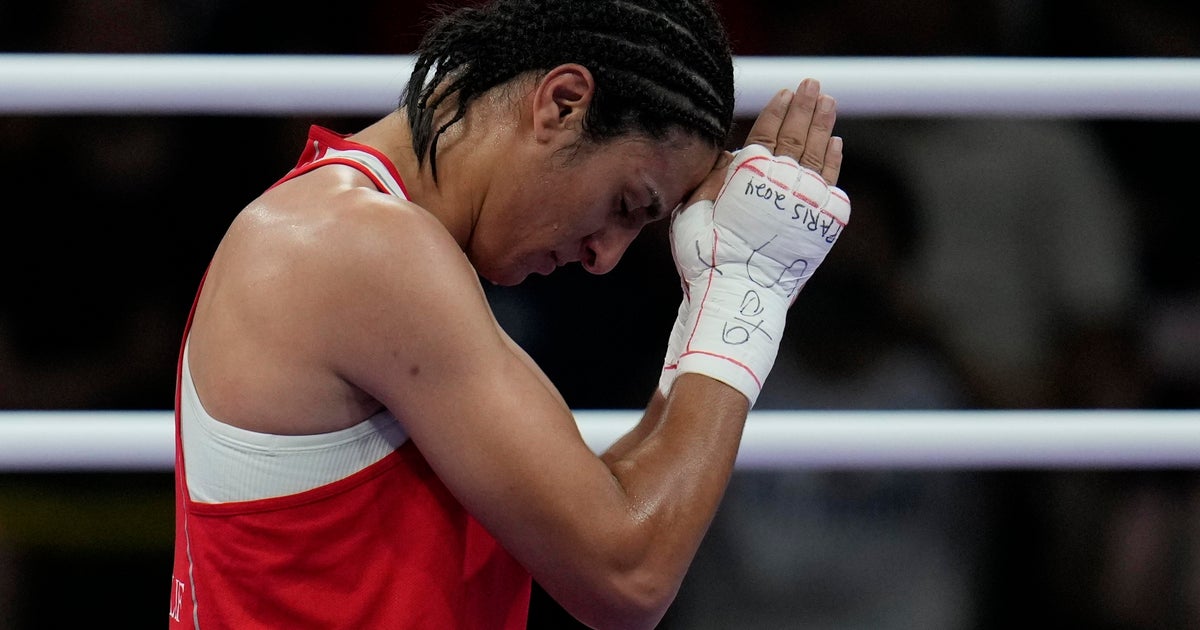
Potential for Discrimination and Bias
Genetic testing based on a single marker, such as the Y chromosome, may not accurately reflect an individual’s sex characteristics or gender identity. This can lead to misclassifications and discrimination against athletes with intersex variations, who may have chromosomal or hormonal profiles that do not align with traditional binary categories.
Furthermore, the reliance on genetic testing can perpetuate harmful stereotypes and biases about gender and athletic ability. Critics argue that it reinforces the notion that biological sex is the sole determinant of athletic success, overlooking the significant role of training, skill, and environment.
Alternatives to Genetic Testing
Instead of relying solely on genetic testing, sports organizations should explore alternative methods for ensuring fair competition. These may include stricter regulations on hormone levels, more comprehensive physical evaluations, and the development of inclusive policies that recognize the diversity of human bodies and athletic abilities.
It’s essential to prioritize the health, well-being, and rights of all athletes. Any approach to regulating athletic eligibility should be grounded in scientific evidence, ethical considerations, and a commitment to inclusivity and fairness.
A Precedent for Other Sports: Investigating the Potential Ripple Effect of World Boxing’s Decision on Other Athletic Organizations
World Boxing’s decision to implement mandatory genetic sex testing is likely to have a significant ripple effect throughout the sports world. Other organizations, particularly those with weight-class-based competitions, may follow suit, raising concerns about the potential for widespread adoption of genetic testing as a means of determining athletic eligibility.
The International Olympic Committee (IOC) has already expressed its support for genetic testing in some sports, particularly those where physical differences between genders can be more pronounced. The IOC’s stance suggests that World Boxing’s decision may pave the way for more widespread acceptance of genetic testing in Olympic sports.
Impact on Athletics Governance
The implementation of genetic testing could fundamentally alter the governance of sports. It raises questions about the role of national and international governing bodies in regulating athletes’ bodies and their participation in competitions.
Furthermore, the use of genetic information for athletic eligibility raises concerns about the potential for undue influence by powerful entities, such as pharmaceutical companies or private labs, on the development and implementation of testing protocols.
Global Implications and Regulatory Frameworks
The potential for genetic testing to become a global standard in sports raises complex legal and ethical questions about the harmonization of regulations across different countries. Different jurisdictions may have varying laws and policies regarding genetic testing, privacy, and data protection, creating a patchwork of rules that could be difficult to navigate.
International organizations, such as the World Anti-Doping Agency (WADA), will need to play a crucial role in developing global standards and guidelines for the ethical and responsible use of genetic testing in sports.
Khelif’s Resilience: Fighting Back On and Off the Field
Despite facing unprecedented scrutiny and online hate, Khelif has demonstrated remarkable resilience, both on and off the field. Her unwavering commitment to her sport and her powerful message against bullying serve as an inspiration to athletes and individuals facing similar challenges.
Khelif’s experience highlights the immense pressure and scrutiny that athletes face, particularly in the age of social media, where misinformation and prejudice can spread rapidly.
Facing the Hate: Exploring Khelif’s Personal Experiences and Her Powerful Message Against Online Bullying
In the aftermath of the controversy surrounding her participation in the Paris Olympics, Khelif has been subjected to a barrage of online hate and harassment. Critics, fueled by unfounded claims about her gender, have launched vicious attacks, questioning her athletic legitimacy and personal integrity.
Speaking out against this online abuse, Khelif has called for an end to bullying and emphasized the importance of upholding Olympic principles of respect and sportsmanship. She has bravely shared her personal experiences, highlighting the emotional toll that online hate can take on individuals.
The Importance of Mental Health: Highlighting the Crucial Role of Mental Health Support for Athletes Navigating Intense Pressure and Scrutiny
The mental health of athletes is paramount, especially in the face of intense pressure, public scrutiny, and online abuse. Khelif’s experience underscores the need for comprehensive mental health support systems within sports organizations to protect athletes from the damaging effects of negativity and harassment.
Providing athletes with access to counseling, therapy, and other mental health resources can help them cope with stress, navigate challenging situations, and build resilience in the face of adversity.
A Champion’s Spirit: Celebrating Khelif’s Determination to Overcome Adversity and Continue Competing at the Highest Level
Despite the overwhelming negativity, Khelif has refused to be deterred. She has channeled her energy into her training and competition, demonstrating unwavering determination to achieve her goals. Khelif’s unwavering spirit serves as an inspiration to athletes worldwide, proving that it is possible to overcome adversity and strive for excellence even in the face of immense challenges.
Khelif’s story is a testament to the power of human resilience and the importance of supporting athletes both physically and mentally.
Conclusion
The case of Imane Khelif, a celebrated Olympic gold medalist, facing mandatory sex testing by World Boxing before returning to the ring is a stark reminder of the complex and often contentious issues surrounding gender identity and sport. The article highlights the World Boxing’s new regulations, demanding athletes like Khelif undergo invasive procedures to verify their gender, sparking debate about fairness, privacy, and the very definition of womanhood in competitive environments.
While proponents argue for a level playing field, Khelif’s situation raises serious ethical questions. The intrusion into her deeply personal life and the potential psychological harm caused by these tests are undeniable. This case could set a dangerous precedent, potentially impacting the participation of transgender and intersex athletes in the future. The implications extend beyond boxing, potentially influencing other sports organizations and prompting a broader conversation about inclusivity and the rights of athletes.
As Khelif navigates this challenging situation, one thing is clear: the lines are blurring between biology and identity in the world of sports. This isn’t just about boxing; it’s about the future of fair play and the fundamental right of every athlete to compete with dignity and respect. The world watches, waiting to see how this story unfolds and what it ultimately means for the landscape of competitive sport.